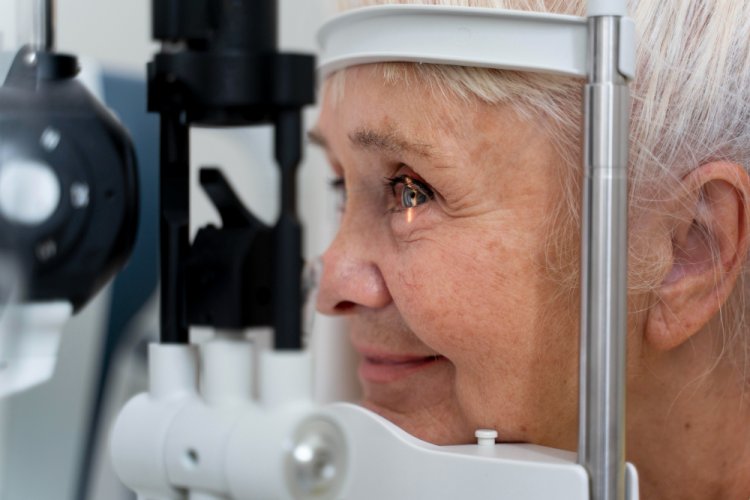Age-Related Macular Degeneration (AMD): Causes, Symptoms, and Treatment
Age-related macular degeneration (AMD), also known as yellow spot disease, is a prevalent eye condition primarily affecting individuals over the age of 50. This progressive ailment affects the macula, the central part of the retina responsible for sharp, central vision. As AMD advances, it can significantly impair one's ability to read, recognize faces, and perform daily tasks requiring detailed vision. This article aims to provide an in-depth understanding of AMD, including its causes, symptoms, and available treatment options.

Causes of AMD
The exact cause of AMD remains unclear, but various factors contribute to its development. Genetics play a significant role, with individuals having a family history of AMD being at a higher risk. Additionally, advancing age, smoking, high blood pressure, obesity, and a diet low in nutrients such as antioxidants and omega-3 fatty acids are associated with an increased risk of developing AMD. Prolonged exposure to ultraviolet (UV) light and blue light may also contribute to the progression of the disease.
Types of AMD
AMD is broadly classified into two types: dry AMD and wet AMD.
Dry AMD
Dry AMD is the more common form, accounting for approximately 85-90% of all AMD cases. It occurs when the macula's cells break down over time, leading to a gradual loss of central vision. Small, yellowish deposits called drusen may form in the retina, further impairing vision.
Wet AMD
Wet AMD, although less common, is more severe and progresses rapidly. It occurs when abnormal blood vessels grow beneath the retina and leak blood and fluid, causing damage to the macula. This type of AMD can lead to sudden and severe vision loss if left untreated.
Symptoms of AMD
The symptoms of AMD may vary depending on the disease's stage and type. In the early stages, individuals may not experience noticeable symptoms. However, as the condition progresses, the following symptoms may manifest:
- Blurred or distorted central vision
- Difficulty reading or performing tasks that require detailed vision
- Dark or empty areas in the central vision
- Decreased brightness or intensity of colors
- Difficulty recognizing faces
Diagnosis
Early detection of AMD is crucial for preserving vision and preventing further deterioration. Eye care professionals typically diagnose AMD through a comprehensive eye examination, which may include the following:
- Visual acuity test
- Dilated eye exam
- Optical coherence tomography (OCT) scan
- Fluorescein angiography
- Amsler grid test
Treatment Options
While there is currently no cure for AMD, several treatment options are available to manage the condition and slow its progression. These include:
- Lifestyle Modifications
- Nutritional Supplements
- Anti-VEGF Therapy
- Photodynamic Therapy (PDT)
- Low Vision Aids
Age-related macular degeneration is a progressive eye disease that can significantly impact an individual's quality of life if left untreated. While there is currently no cure, early detection and prompt intervention can help slow the disease's progression and preserve vision. By adopting a healthy lifestyle, undergoing regular eye examinations, and following the recommended treatment plan, individuals can effectively manage AMD and maintain visual function well into their later years.
#AMDawareness #EyeHealth #VisionCare #MacularDegeneration #EyeDisease #HealthyEyes #AMDsupport #EyeCareTips #RetinaHealth #AMDprevention #EyeExam #LifestyleAndHealth #VisionLoss #HealthyLiving #ElderlyHealth #EyeSafety #AMDdiagnosis #EyeTreatment #AMDresearch #Optometry #Ophthalmology #RetinaCare #AgingEyes #SeniorHealth #EyeAwareness
Disclaimer:
The information provided in this article is for educational purposes only and should not be considered medical advice. If you have any health concerns or are experiencing symptoms, it is important to consult with a healthcare professional, such as a doctor or clinic, for proper diagnosis and treatment. Always seek the advice of your doctor or other qualified health provider with any questions you may have regarding a medical condition. Do not disregard professional medical advice or delay in seeking it because of something you have read in this article.
What's Your Reaction?





















